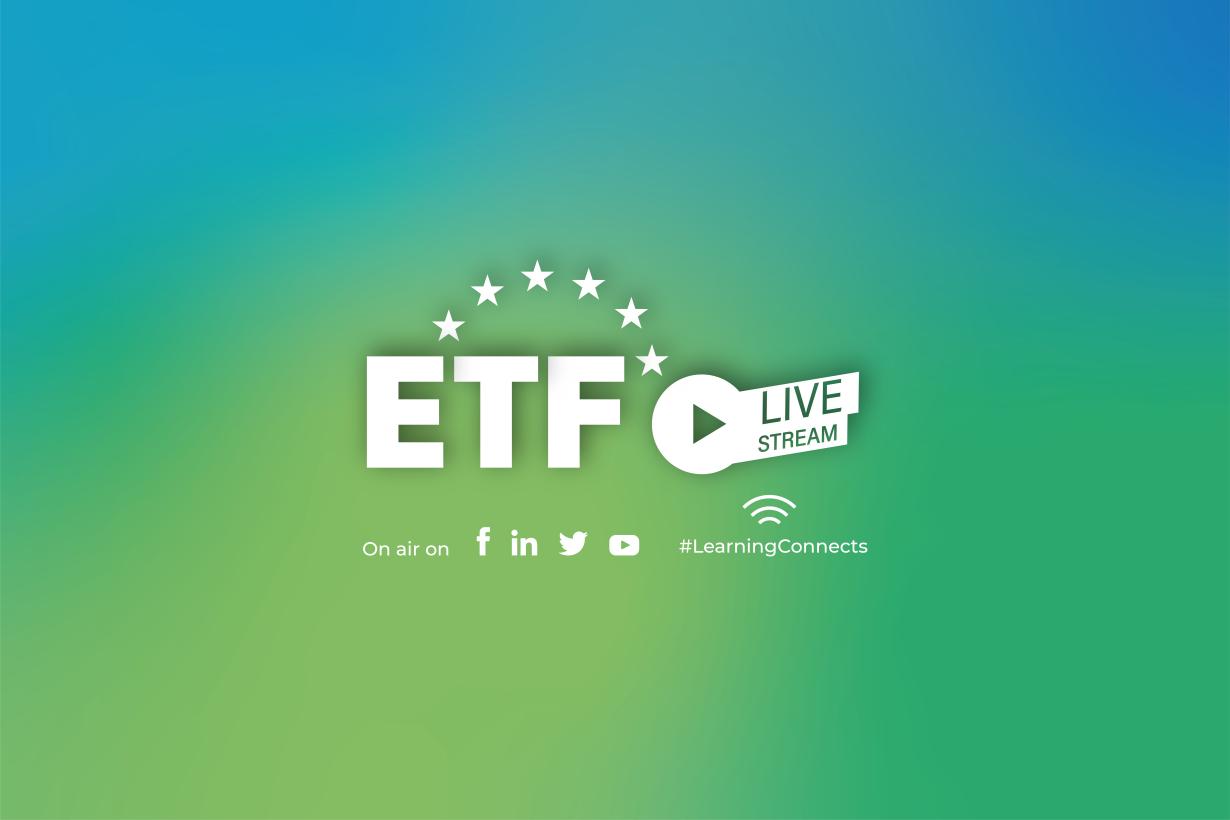
Quality Assurance critical to enhancing VET standards
On 23 March 2022, the European Training Foundation hosted a live chat event. Hosted by the ETF’s Denise Loughran, it brought three highly qualified guests together to discuss how the EU is supporting quality assurance, in the vocational education and training (VET) systems of EU neighbourhood countries. They each emphasized the message that VET needs to go hand-in-hand with assuring the quality of education systems, in order to identify, guarantee and disseminate good practice.
Loughran began by asking Koen Bois d’Enghien – policy officer at the European Commission’s Directorate General for Employment, Social Affairs and Inclusion – why quality assurance is so important. Bois d’Enghien explained that high quality training is directly linked to better learning outcomes. The EU is actively promoting quality assurance: the European Quality Assurance in Vocational Education and Training (EQAVET) framework was launched in 2009, while various funding instruments are available to improve quality assurance arrangements.
ETF Human Capital Development and Quality Assurance Expert Mounir Baati then explained how the ETF set up its Quality Assurance Forum in 2017. The Forum acts as a network, in which countries can share their challenges, problems and solutions on quality issues. Dedicated to sharing knowledge and exchanging expertise, it brings together national representatives from 22 countries in the South Mediterranean, South Eastern Europe and Turkey, and Eastern Partnership regions.
Stela Guvir, head of the Public Relations and International Cooperation Office at Moldova’s National Agency for Quality Assurance and Research (ANACEC), provided a Moldovan perspective. Although quality assurance in education is not a new idea, it was not conceptualised in Moldova before the new Education Code was introduced in 2020, establishing specific reference points. It now includes two dimensions: external quality assurance delivered by her agency, and internal assurance conducted by educational institutions themselves. Staff at VET institutions see both self- and external assessment as useful initiatives which add value to their institutions.
Picking up on Guvir’s point that private business still needs to get more involved, Loughran asked Bois d’Enghien what challenges exist for quality assurance mechanisms. He replied that stakeholders need to be involved in all steps of the quality assurance cycle. In VET today, the big challenge is upskilling and reskilling adults in line with key social adaptations, such as the green and digital transitions. These transitions are generating new skills needs among employers, and it is crucial for learners to adapt to them.
Baati picked up on his point, describing how the VET segment can be made more attractive for learners. In some countries, such as Morocco, special management systems have made VET institutions more flexible, and better able to adapt their curricula to learner needs. But in others, VET is seen as unattractive, often as a result of the low quality of delivery. He stressed that the relevant policy dimensions go far beyond the schools themselves: quality assurance must encompass VET providers, and broader national educational systems too.
Guvir then described the benefits of taking part in the ETF’s Quality Assurance Forum. The internal and external aspects of quality assurance that she mentioned earlier both need to be based on both national regulations, alongside quality standards that are recommended at the European level. The Forum offers a way of externalising the Moldovan approach to applying quality assurance to the VET sector, while also importing EU experience to inform local practices.
Baati developed that idea of EU developments filtering down into the partner countries. Although the ETF Forum uses the EU’s EQAVET framework to analyse quality assurance systems, he emphasised that it needs to be adapted to the specific needs of individual countries. “It’s always very tempting to import an entire system,” he explained: “to say what’s good for Europe must be good for us. We always say, ask yourself what’s good for you!”
Guvir then ran down the three key advantages of taking part in the Forum. By creating connections, it offers a space in which members can learn from each other. It enables members to access the European perspective on quality assurance in the VET sector. And, lastly, it is free! “I’d heartily recommend everyone to get involved more actively,” she said.
Concluding the chat on a more topical and sombre note, Bois d’Enghien added that the EU is currently doing everything it can to support the people of Ukraine at this difficult time. The ETF has inaugurated a special section on its website aimed specifically at Ukrainian refugees. It can be found here
Did you like this article? If you would like to be notified when new content like this is published, subscribe to receive our email alerts.